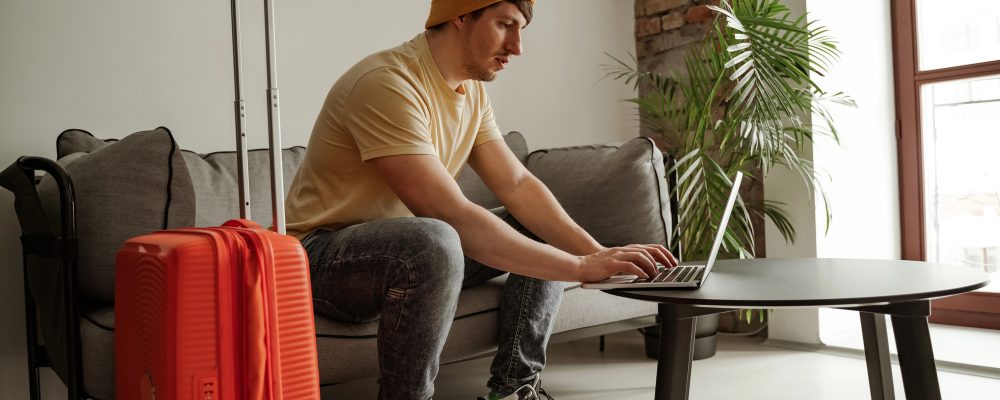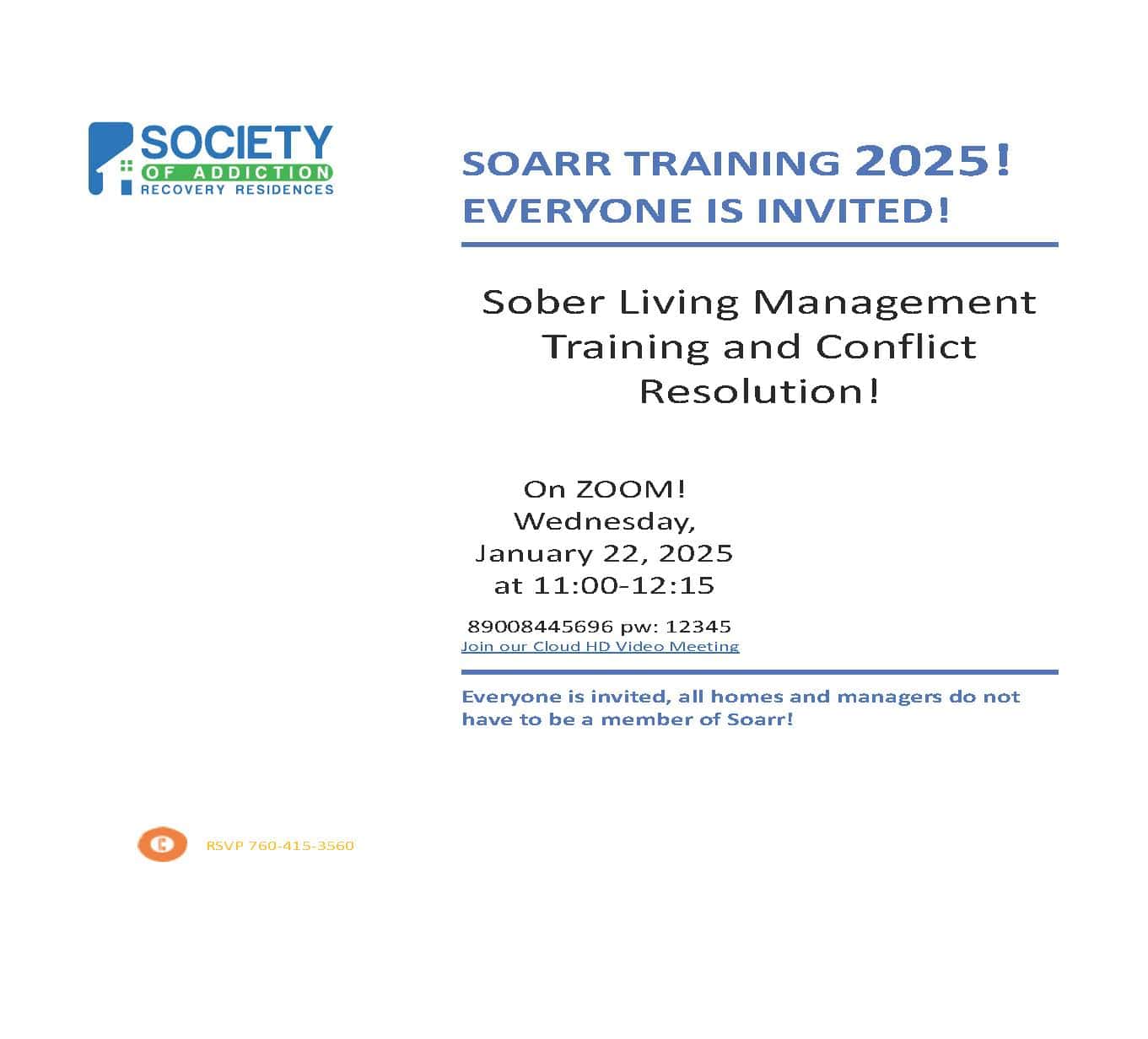Have you ever considered living in sober housing? Sober home living is an important step for many people on the recovery journey. Ideally, a sober home strikes a balance between offering structure and independence. Residents can expect a safe, drug-free living space. The environment helps them grow and stay sober. People are free to rebuild their lives and pursue new goals in a safe, comfortable home.
Sober housing is more than a roof over your head. It offers a structured environment that fosters recovery and growth. Here are some lesser-known benefits of choosing sober living in the sunny city of San Diego.
Freedom and Independence in Sober Home Living
San Diego sober living homes usually allow independence as well as structured activities. Some homes will have group therapy or go to 12-step programs together. Residents usually can:
- Come and Go: You’re usually free to leave for work, school, or personal activities, as long as you follow curfews and obey other house rules.
- Make Personal Decisions: In sober living, you’ll put your big kid pants on and be able to become responsible again. You’ll have the autonomy to manage your schedule. However, your daily routines may include house meetings or chores.
- Develop Life Skills: People in sober homes may be designated as cook for a day or a week, or have weekly chores, or other responsibilities. You may also want to expand responsibility, by getting a job or taking classes.
- Live Your Recovery Program: Most people will go to 12-step meetings, have a sponsor in the program, and check in regularly with him or her.
While sober homes provide freedom to people who have started on the recovery journey, they maintain a structure to help residents stay sober. Sober home living helps people avoid triggers, prevent relapse and maintain sobriety. The rules are in place to help maintain the safety of everyone in the community.
Sober Home Life: Drug/Alcohol Treatment and Therapy Access
Sober homes usually don’t provide on-site treatment. This is one of the many ways they are distinct from going away to rehab. However, residents are often encouraged or required to:
- Attend 12-Step Meetings: Participation in Alcoholics Anonymous (AA), Narcotics Anonymous (NA), or similar programs is important, and it’s typical to require residents to have a sponsor they work with to guide them in recovery.
- Pursue Outpatient Treatment: Many residents continue therapy or counseling sessions at external facilities. For some residents, this will also mean getting help for co-occurring disorders like depression or PTSD. California has many programs covered by insurance or state funding, including Medi-Cal (Medicaid).
- Participate in House Meetings: House meetings are a normal part of sober home living. People will talk about any interpersonal issues that may arise, or talk shop about chores, ouitings, etc.
- Participate in Group Activities: Aside from outings, people in sober homes also often have planned group activities. People may go to the beach, movies, dinne and other activities. Learning to have fun without substances is important for many people in recovery, and group activities can help you bond with your housemates.
Sober Home Living Rules, Accountability and Support
Sober home living emphasizes accountability to maintain a recovery-focused environment. They want to help all members succeed and avoid relapse. Some of the measures in place to help do this include:
- Random Drug and Alcohol Testing: A safe, substance-free living space is the top priority for a sober living home. For people new in recovery, there is always temptation.
- Curfews and House Rules: Residents must follow the rules and respect each other. Typical house rules may include curfews, limits on guests, and household responsibilities.
- Peer Support: Living with others in recovery creates shared experiences, advice, and encouragement opportunities. Some recovery homes have 12-step meetings or peer support groups built into them.
- Group Meetings: Another normal aspect of sober home living is meetings of all kinds. You may be required to participate in weekly household meetings to help people communicate and address any problems.
A Supportive Community for Long-Term Recovery
Sober homes in San Diego help create a sense of community that can be transformative for people in recovery. It’s a home away from home with the added bonus of living with peers in recovery. There’s always something special about communities where everyone is working toward the goal of a better life.
Residents often share similar experiences, providing a built-in support system that helps individuals stay accountable and motivated. This sense of belonging can be especially crucial during the early stages of sobriety. Having a community and feeling at home can make coping with temptations and challenges less overwhelming. In recovery, no one is ever alone.
San Diego’s vibrant recovery community also offers opportunities to connect with local support groups, attend recovery-focused events, and find mentors who can guide you along your journey. Newcomers are always welcome!
Learn More About Sober Home Living
Sober home living in California can help you balance structure and independence. Residents can expect a safe, drug-free living space, often with amenities. Sober living programs can help foster personal growth and long-term sobriety. It can be the ideal place to begin life anew in recovery and create a path to thriving.
Learn more about sober living programs in the San Diegoa, California are by searching our sober home directory at the top of the page.





